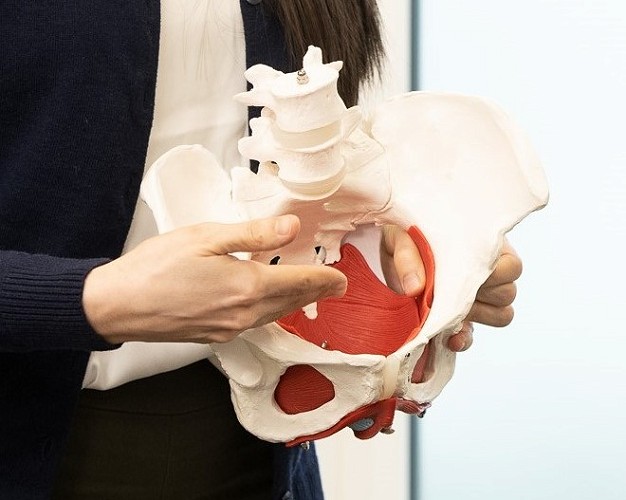Understanding Your Pain
Article by Martin Davies
Do you think having a better understanding of the nature and cause of your pain would help your recovery process?

There is an increasing body of knowledge that says that people deal better with injury and recover better if they understand more about what causes pain and how it affects them and their body (1).
How Does the Pain Process Work? What Causes the Unpleasant Nature of Pain?
The widely accepted definition of pain is that:
Pain is an unpleasant sensory and emotional experience that is associated with actual or potential tissue damage… (2)
Most people understand the unpleasant part of the definition but it is the fact that pain has an emotional as well as purely mechanical component that can have a massive influence on people’s recovery and perception of pain.
As an individual in pain, it is important to think about and act on any emotional factors that can influence your pain experience.
The second part of the pain definition is that someone’s pain experience is a function of both actual and potential or perceived tissue damage. If you think that the back pain you have is irreparable and your back is permanently damaged, it is likely that the intensity and duration of your pain will be higher and longer.
Check out this fantastic 15 minute TED talk on this topic of “Why things Hurt” by Lorimer Moseley:
How Can I Better Understand the Specific Nature of MY Pain?
A key aspect of dealing with injury both from helping recovery and being able to understand your injury is to get really specific about the nature of your pain and the patterns and intensity of it.
Some useful questions you can ask yourself in this area are:
- What caused my pain? Was there a trigger event or did it just gradually appear?
- Are there any times of day, movements or activities that aggravate or ease my pain?
- Has the pain been getting better, staying the same or getting worse over time?
- How quickly does the pain arise and how long does it take to settle?
- What impact is my pain having on daily leisure or work activities?
- How is the pain impacting my posture and the way that I walk run or move?
- Have I had any past injuries or experiences similar to this one?
These are the types of questions that physiotherapists will ask of all new clients to develop a better understanding of their issue prior to physically examining the area.
The answers can provide a wealth of information to help correctly diagnose and guide treatment. They are also useful for an individual to work through to help manage their own pain experience.
Pain is a fascinating, if not extremely annoying, phenomenon and taking some time to understand the underlying nature and behaviour of it as well as how it specifically affects you is a very powerful tool in helping to deal with it.
References
- Explain Pain – David Butler and Lorimer Moseley
- Taxonomy task force of the International Association for the Study of Pain.
- TEDx Adelaide 2011 – Lorimer Moseley – Why Things Hurt
You May Also Like...
-
 ArticleView Post
ArticleView PostPelvic Organ Prolapse – Prevention and Management
Pelvic organ prolapse (POP) is a condition that affects many women. The symptoms can be very uncomfortable, and sometimes can be awkward or embarrassing to talk about. The incidence of this increases after childbirth and as women increase in age, but awareness and prevention strategies can help decrease the chances of developing this condition.
-
 ArticleView Post
ArticleView PostInjectable Therapy (Part 2 of 2): Hyaluronic Acid, Perineural Injections, & Trigger Point Injections
The more commonly discussed injectable therapies are mentioned in Part 1 of this article. Part 2 of this article contains additional injectable therapies that have been found to be beneficial for chronic pain.
-
 ArticleView Post
ArticleView PostMyofascial Release
The Fascinating World of Fascia: Understanding Its Role in the Mind-Body Connection